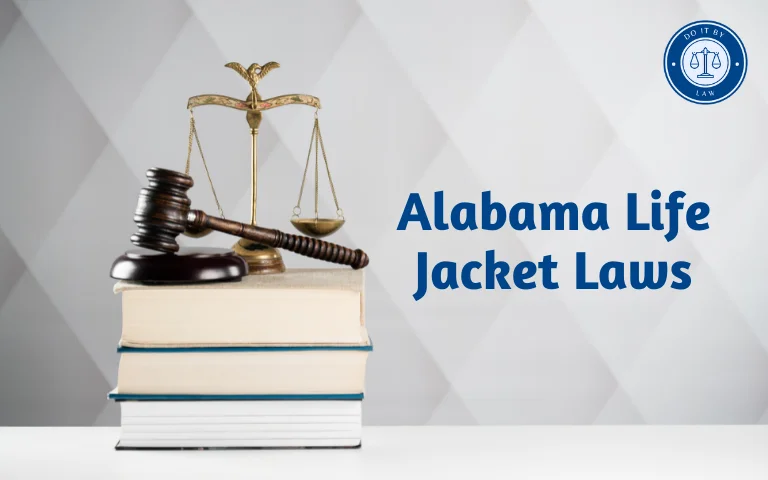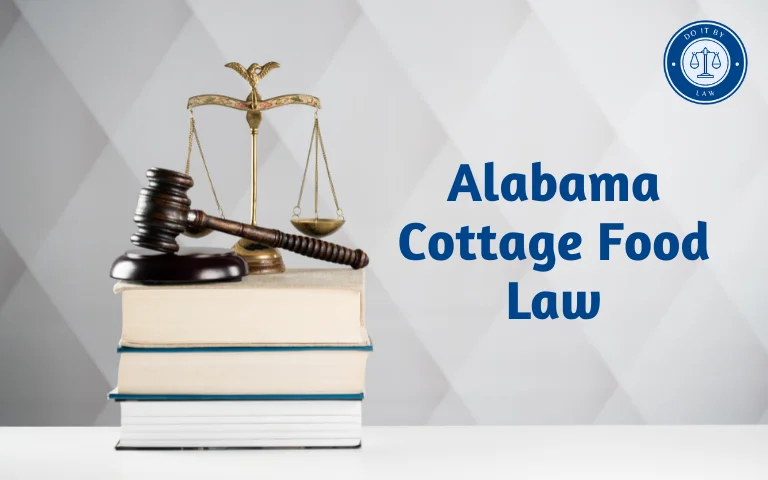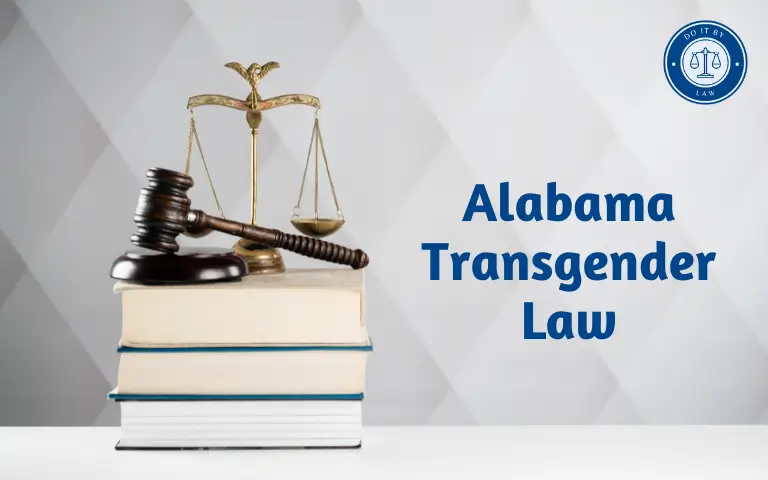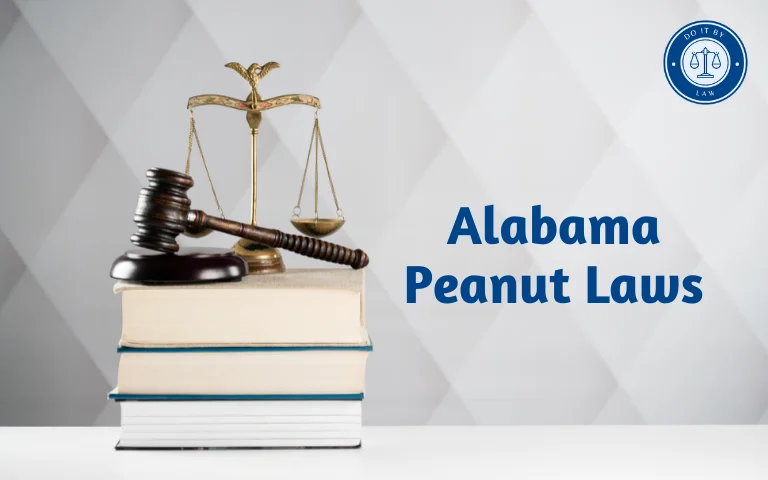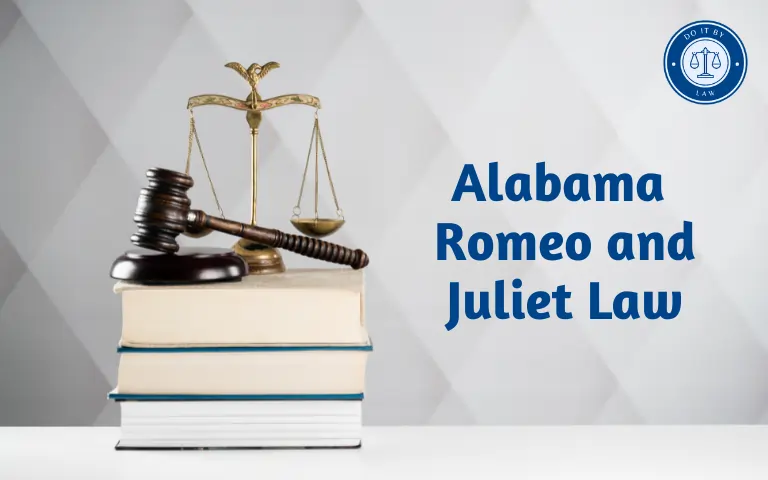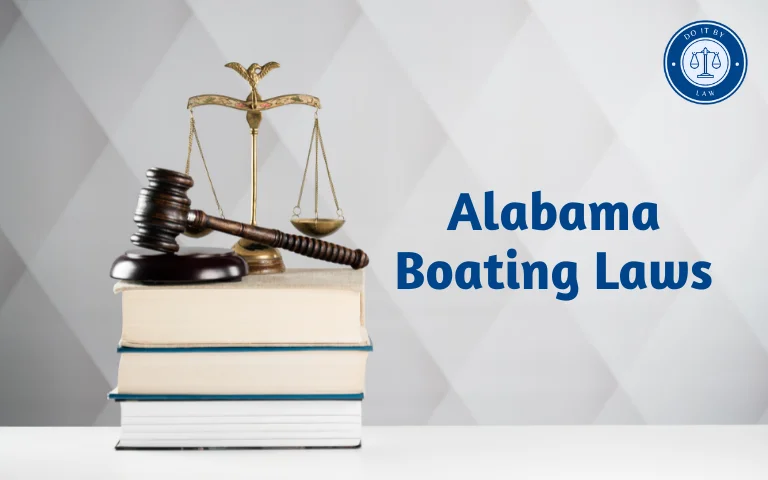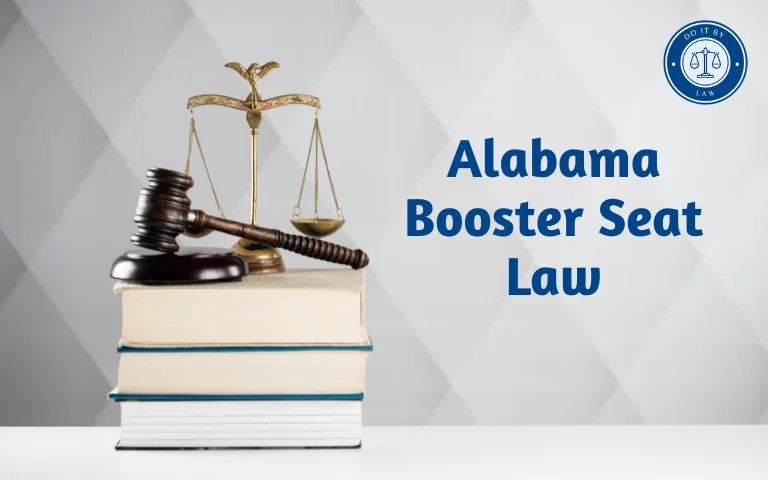Alabama Life Jacket Laws: What You Need to Know
Life jackets and personal flotation devices (PFDs) save lives in water emergencies. Understanding Alabama Life Jacket Laws helps boaters stay compliant and safe on state waterways. This guide covers who must wear life jackets in Alabama, approved PFD types, exemptions, enforcement, recent updates, and frequently asked questions.
We’ll review Alabama’s key life jacket requirements, safety considerations, the controversy around age-based mandates, and the push for increased PFD use through education over enforcement. Following Alabama’s rules, and wearing PFDs voluntarily in other cases, prevents needless tragedy.
When Were Alabama Life Jacket Laws Enacted and Why
Alabama first enacted laws specifying life jacket requirements for recreational boats in the 1960s. They were later incorporated into the Alabama Boating Safety Act of 1994, which consolidated various boating regulations.
These laws aim to reduce drowning fatalities. Wearing a PFD allows you to remain floating and breathing if you unexpectedly enter the water. Drowning can occur quickly, so immediate access to flotation is critical.
PFD laws provide backup protection in case of accidents like collisions, capsizings, or falls overboard. They are especially important for children and weak swimmers.
Who Do Alabama Life Jacket Laws Apply To?
Alabama’s life jacket mandates apply to:
- All occupants of recreational vessels under 19 feet in length
- Anyone being towed behind a vessel like water skiers and tubers
- Anyone canoeing or kayaking
- Any child 12 years and under on larger recreational vessels
- Operators of personal watercraft like jet skis
The laws cover both residents and visitors using Alabama waterways. Exemptions exist for certain types of commercial vessels.
Key Provisions of Alabama Life Jacket Laws
Alabama’s PFD rules contain several key provisions including:
- Requiring approved wearable life jackets or throwable floats.
- Requiring proper size jackets based on body weight and chest size.
- Mandating jackets be readily accessible, in good condition, and properly worn/fastened.
- Allowing substitute options like shared jackets on larger boats if heirs are immediately available.
- Permitting inflatable PFDs to satisfy requirements if worn and serviced properly.
- Authorizing law enforcement safety checks of vessels to enforce rules.
- Providing exemptions for racing shells, rowing sculls, competition waterskiing, and certain working vessels.
Approved Life Jacket Types Under Alabama Law
Acceptable PFDs under Alabama law include:
- Type I: Offshore Life Jackets providing the most flotation
- Type II: Near-Shore Buoyancy Vests worn near quick rescue
- Type III: Flotation Aids good for calm waters where fast swimming ability expected
- Type IV: Throwable Devices like rings and floats
- Type V: Specialty Vests like inflatable, sailing, or water ski PFDs
All jackets must be U.S. Coast Guard approved and in serviceable condition per labeling.
Penalties for Violating Alabama Life Jacket Laws
Violations can prompt:
- Written warnings for minor first offenses.
- Fines of generally $50 – $100 per violation.
- Mandatory boat safety courses for repeat violations.
- Possible misdemeanor charges for negligence or recklessness involving serious injury or death.
Penalties escalate for operators allowing multiple lapses in life jacket usage on their vessel. Violations can also impact boating licenses and privileges.
Are There Any Exemptions Under Alabama’s PFD Laws?
Key exemptions include:
- Occupants of vessels exempt from registration like rowboats, canoes, kayaks, and sailboats under 16 feet.
- Racing shells, rowing sculls, and racing kayaks during sanctioned races or practice.
- Working vessels do not carry passengers like fishing industry boats.
- Persons engaged in professional exhibitions like waterski shows.
- Renewed proposals have aimed to exempt sailors in larger recreational boats but failed passage so far.
Some exemptions recognize contexts where quick rescue is expected or life jackets pose operation impediments. However, most vessels still fall under the requirements.
How Are Alabama Life Jacket Laws Enforced?
Enforcement involves:
- Boating safety officers with the Alabama Marine Police patrolling waterways.
- Local sheriff departments monitor their jurisdiction waters.
- Random safety inspections of vessels.
- Issuing citations for violations witnessed.
- Responding to public complaints of violations.
- Providing warning information to those unaware when feasible.
Officers balance education and enforcement while prioritizing clearly negligent violations putting lives at risk.
Recent Updates to Alabama’s Life Jacket Laws
Recent PFD law changes in Alabama include:
- Allowing inflatable life jacket use if worn/maintained properly in 2020. Previously only permitted on vessels over 16 feet.
- Rejecting a 2022 proposal to only require jackets on children 8 and under on recreational boats less than 26 feet. Failed over safety concerns.
- Calling for enhanced availability of loaner jackets at public ramps and docks for forgetful boaters. Passed in 2022.
- Recommending PFD safety education in school physical education water safety units. Pending decision.
Most changes aim to expand PFD access and voluntary usage through education rather than mandatory expansion.
Controversies Surrounding Alabama Life Jacket Laws
Debates around Alabama’s PFD rules include:
- The age cutoff for mandates – Arguments that life jacket use should be based on swimming ability not age.
- Overregulation – Contention that mandates beyond at-risk groups are government overreach.
- Lack of enforcement – Complaints many violators go unpunished, undermining compliance.
- Inconsistent training – Concerns boater safety courses don’t emphasize PFD usage enough.
- Excessive exceptions – Criticism that broad exemptions weaken the public safety intent of laws.
Most agree life jackets save lives but differing views persist on the ideal regulatory approach balancing personal freedom and safety.
Conclusion: Key Takeaways on Alabama Life Jacket Laws
In summary, key points on Alabama’s PFD rules include:
- Life jackets are required for children under 12 and high-risk watercraft like canoes.
- Approved Coast Guard jacket types each provide different flotation levels.
- Proper fit and good condition are critical for functionality.
- Enforcement is done by marine and local law enforcement officers.
- Penalties include fines, mandatory training, and license impacts.
- Exemptions exist for some racing and working vessels.
- Recent focus on expanding life jacket availability and education.
Understanding Alabama’s standards, options, and enforcement practices enhances boating safety. Carry sufficient life jackets and wear them voluntarily whenever possible.

